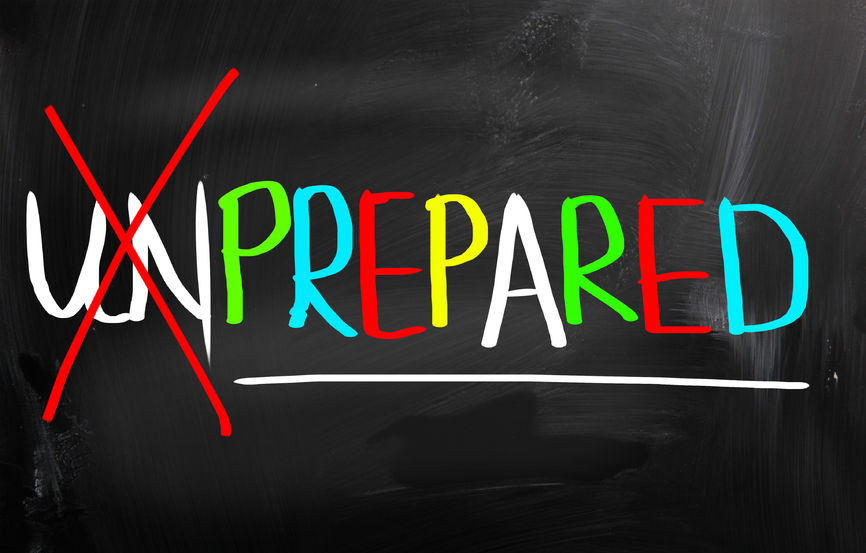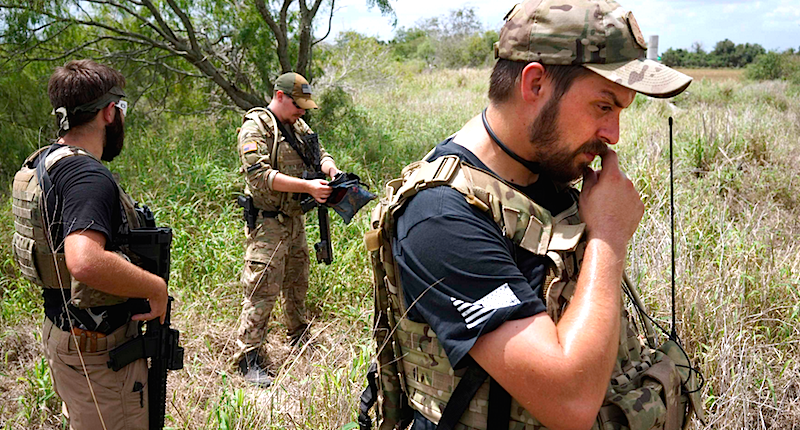Written by Wild Bill on The Prepper Journal.
As Preppers we strive to be ready for the expected and possible while preparing for the unexpected. In the latter we do what we think is best, we go from our experience, our trusted sources of knowledge and information and from our life experiences. Most of the time this at least gives us a fighting chance, an edge to get through the event and its aftermath.
But to be frank, there are somethings that one simply can’t prepare for because we underestimated the gravity of the event, its monumental impact to the very core of our being. I am talking about the loss of a loved one, a child, a parent, a member of our tight group that we depended upon every day or when the SHTF. It is a part of life in general and something we certainly will have to face throughout life, and perhaps constantly and instantly should TEOTWAWKI come to pass.

In such a scenario we already know we need to be fully engaged, at the top of our game, just to get from one day to the next. We know that any loss of focus could cost us and ours dearly. And that, unless you just came off of a 6 month tour in Afghanistan, you really don’t even know all the detail you should be staying on top of, after all, at least there you had support, intel and some situation awareness. Things which may all be gone now.
The Stages of Grief in Overdrive
The five stages of grief – denial, anger, bargaining, depression and acceptance are the subject of many books. It is human nature to run through these and there is no real time-line for each. In fact some people never get through all the stages and languish in some for what appears to be forever. Looking from the outside in we see this; looking from the inside out we may feel we are progressing and getting back to normal when we really are spinning our wheels. In a SHTF scenario how do you get through these more quickly and get back to your game to survive and help others in your group survive? What does it take to suspend grief long enough to finish the mission you are facing right now. And again, the mission of getting through each day whole, a mission that never stops.

In a combat situation denial is immediately replaced by shock and anger. The ability to put aside the shock, control the anger, focus it and get back to a real situation awareness immediately is something I believe is only learned from experience. It is brutal, it is sickening and it is shocking but in such a situation your ability to deal with it is truly the difference between life and death, of suffering a similar fate. So it is normal to bury the healing stages of loss in such a situation and it is typical, though unhealthy, to keep them suppressed as long as possible. Frankly because it is easier. A contributing factor to PTSD (Post Traumatic Stress Disorder), almost certainly.
But loss won’t always come in the heat of a firefight, it will come as it does through the natural course of life and as the results of unexpected events. In a SHTF scenario the lack of professional and well stocked medical personnel and facilities, the exasperation of pre-existing medical conditions, unexpected encounters with wild animals, accidents, falls, weather, and on and on. In this scenario the reflex will not be to skip denial and go directly to anger but to force you to face denial and all its questions, while still having that background and unrelenting task of getting through the day.

The best description I have heard of grief is it is like being in a small boat on the ocean. At first the waves are enormous and almost constant and come from all directions. Just getting over the waves is surviving. As time passes the waves start to get smaller, and farther apart, but there are still those rogue waves that come and swallow you whole. As time passes you get back to a new normal, but you never get back to whole again in the same way. I have heard it stated as “moving on” and I always reply “moving on differently.”
In an off the grid world everyone has tasks, talents and chores and now you have lost some of those. The reality is this now puts an extra burden on the group and just doing those new and assumed tasks should bring you back to working through the stages of grief as you will be remembering why you are doing this new chore now.
TALK ABOUT IT
As a group, to one another, to the older members, to the children. TALK ABOUT IT when there is downtime. Beware of the anger stage, that it not become a “blame” stage. That is a roller-coaster to hell. It may have its ups but have no doubt, the destination is assured and it is destruction.
These is no way to “practice” this other than to experience it, and I know you have all been through the loss of grandparents, and others in your life. It is my hope you will remember those times not only for how the person lost enriched your life but for the emotions you experienced knowing it is something you will face again and it will make you better prepared at getting through the toughest of times.
In loving memory of all of those taken from us too soon.
The post Prepping to Deal With Our Worst Nightmare – Loss appeared first on The Prepper Journal.
from The Prepper Journal
Don't forget to visit the store and pick up some gear at The COR Outfitters. How prepared are you for emergencies?
#SurvivalFirestarter #SurvivalBugOutBackpack #PrepperSurvivalPack #SHTFGear #SHTFBag

No comments:
Post a Comment